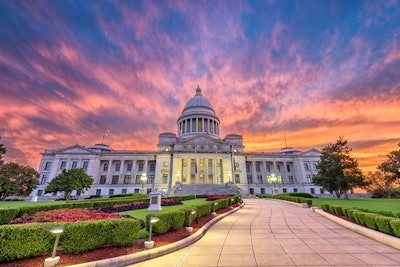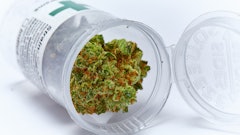
LITTLE ROCK (KATV) — The Medical Marijuana Commission has awarded cultivation licenses to the top five applicants after the Arkansas Supreme Court's decision on a medical marijuana lawsuit finalized.
In June, the Arkansas Supreme Court paved the way for the state to launch its medical marijuana program, reversing and dismissing a ruling by Pulaski County Circuit Court Judge Wendell Griffen that stopped the state from issuing the cultivation licenses on the basis that it was unconstitutional. The state's highest court said the judge didn't have the jurisdiction to make this ruling and scrapped it, allowing the MMC to award the top five applicants their licenses while the unsuccessful applicants received denial letters.
However, the DFA said the Arkansas Supreme Court's ruling could not be considered final for two weeks. Now, the injunction that halted the commission from issuing the licenses has been officially lifted.
Top photo courtesy of Adobe Stock

























